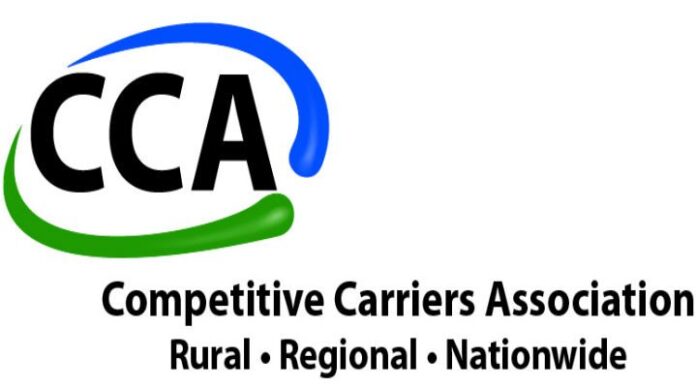WASHINGTON – Steven K. Berry, president and CEO of the Competitive Carriers Association, sat down with RCR Wireless News to discuss T-Mobile US’ recent inclusion to the CCA Data Services Hub. As Berry explained, the CCA Data Services Hub provides members, who are primarily smaller, regional carriers, a means to be competitive with the duopolistic AT&T-Verizon juggernaut.
“Sprint was one of the first carriers to sign up,” Berry said. “As of now, we have about 12 members including U.S. Cellular. Then it was very nice to see T-Mobile come in, so now we essentially have a platform for all small carriers to find a way to 4G LTE.”
Berry continued: “The game plan was to find a cooperative fashion so these smaller carriers could actually partner with nationwide carriers and have a footprint. They could sell locally and nationally, and as you know you need to have a national product if you want to be competitive.”
With the addition of T-Mobile US, the CCA Data Services Hub now includes America’s third-largest wireless carrier, in addition to the fourth- and fifth-largest, Sprint and U.S. Cellular, respectively. Berry explained that T-Mobile US has had a strong relationship with smaller carriers for years, especially the GSM members, and that he sees T-Mobile US’ official admission to the hub as a move that is good for everyone.
“As we move to 4G LTE, I think they (T-Mobile) found a rich communication suite-type of capability, with video and over-the-top, and video streaming. In the 4G world, you need to have more of a partnering relationship so the connectivity through a hub makes a lot more sense.”
T-Mobile US’ membership to the hub is certainly good news for the CCA members, especially in light of the upcoming 600 megahertz auction. As Berry noted, having the data services hub and device hub is important, but the question becomes: “Can you get access to the spectrum to deliver these new services? So, this is an entire ecosystem that many of the smaller carriers have to get into if they want to remain relevant in the years ahead. So the challenge becomes how do you get that spectrum?”
Berry is upbeat about the prospect of the auction, which his association heavily lobbied the Federal Communications Commission to make more accessible to small carriers. “I think it’s going to be a very robust auction,” Berry said. “With the help of the FCC rules, I think we’ve given the smaller carriers the opportunity to bid and actually win in their prospective territories. One of the things that was very key was the FCC insisting on pursuing a reserve, which will allow those carriers that are non-dominant to bid on the reserve 30 megahertz of spectrum nationwide.”

